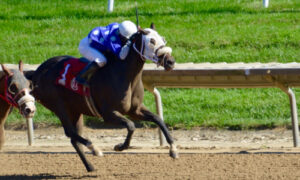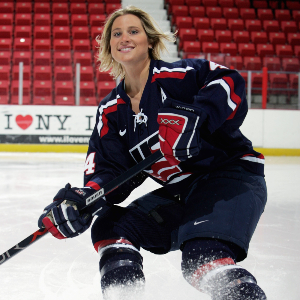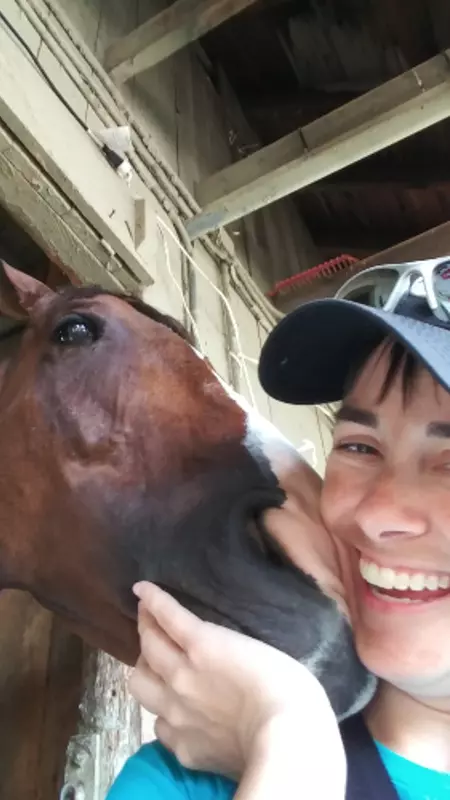
Could you tell us about your injury last year and how it happened? What has the recovery process been like for you?
I went down in a race in West Virginia and I don’t remember much of that day. After watching the replay, it looks like I was quite likely knocked out upon hitting the ground. I had one horse left behind me in the race who came along and kicked me in the jaw when he tried to jump me. Whether the brain injury came from the initial fall or getting kicked by a thousand-pound animal, I’m not sure. It could have been either or could have been both.
I ended up with two jaw fractures and three separate brain bleeds all on the surface of my brain that put me in the ICU, I’m not sure how long. Then I was in the hospital for a couple weeks, and I stayed at another rehabilitation hospital for five days after that.
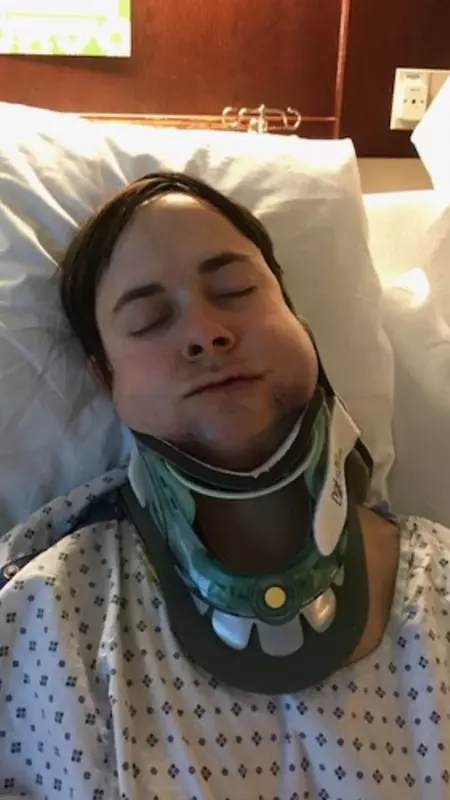
My memories are a little fuzzy from when I first got out of the hospital. I know they warned me a lot about the possible psychological aspects of head trauma like depression and anxiety. They warned me enough when they discharged me that I remember it. Now I’ve been discharged from my speech rehab, but I’ve still been in physical therapy.
What is your general sense about how concussions are perceived in the racing world?
I think it’s more just something that’s accepted as a risk that we are willingly taking to do something that we love. From what I know, it’s not openly spoken about. The one thing I do know is we are all very aware of the risks. All of us have either heard of or met jockeys who have had serious injuries whether they be brain injuries, spinal injuries, or even deaths from going down in a race. We all know it’s a very real possibility, and that it’s significantly more a matter of luck than skill or decision making.
Why are you donating your brain to the Concussion Legacy Foundation?
I think it’s important to further both research and awareness as much as possible now, rather than getting to the point where we have parents saying it’s not safe for their kids to play sports at all because the proper research was not done ahead of time. Too many people are getting hurt, so let’s find out what adjustments need to be made now so that in the long run all of these sports that we love can keep going.
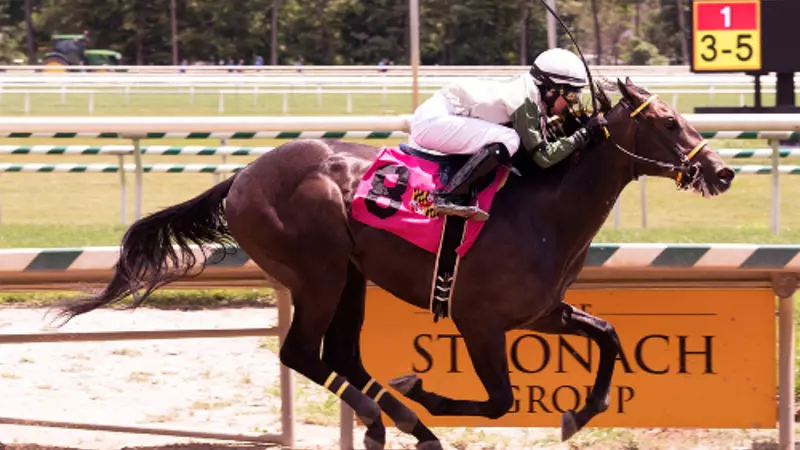
Is donating one’s brain to research something that you’d like to see catch on with your fellow jockeys and fellow riders?
Absolutely, I think it’s a good way to spread awareness. Most jockeys currently racing tend to be younger – hopefully they live nice long lives – but by the time they pass away there will probably still be research to be done. So why not donate it? We are certainly in a position to have suffered a variety of brain traumas. Most of us will get through our careers suffering numerous concussions and some will have some big brain injuries, so I think it presents a good pool of variety to gather information.
Did you struggle to manage and coordinate your recovery?
The insurance company did provide me with a nurse case manager for the first few months. She organized all my appointments and came into almost all of them with me, just in case I was struggling to ask a doctor a question or understand something, so she could get more details. We’d talk about it afterwards and she would take notes on everything, so I didn’t have to feel the pressure of trying to remember everything that was discussed. She was immensely helpful with that. It would’ve been nicer to have her a little bit longer but I’m glad I had her for as long as I did.
But I feel lucky. After a brain injury, you aren’t really in a position to be seeking help because you aren’t necessarily mentally capable. And on top of that, I grew up in America, English is my primary language and I’m familiar with our medical system. A lot of the jockeys I race with are young guys from other countries and I couldn’t imagine trying to go through this if I was still learning English at 18 years old while my family is in another country.
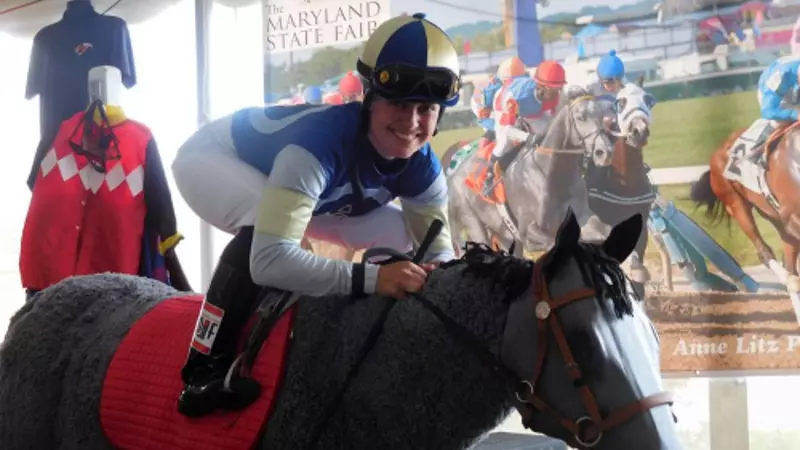
What do you hope the future of horse racing will look like in relation to brain injuries and jockey welfare?
I would like to see everybody get on board for making sure jockeys don’t ride when they aren’t cleared and aren’t medically ready. I don’t believe that there is ever going to be anything that will completely get rid of the risk. But I’m not looking for that as much as utilizing what’s available for technology to decrease the risk. One of the concerns for a lot of jockeys is the time spent out of work is time spent with no income. Some people rush back to work because they have families, and that’s understandable. Not every injured jockey knows about the financial resources available to us because it varies a -little bit state-to state. Also, many people are trying to put better concussion protocols in place, but they are not consistent nationwide. We need to take the best technology and the best recovery protocols and make it all a little more accessible for those that get hurt.
